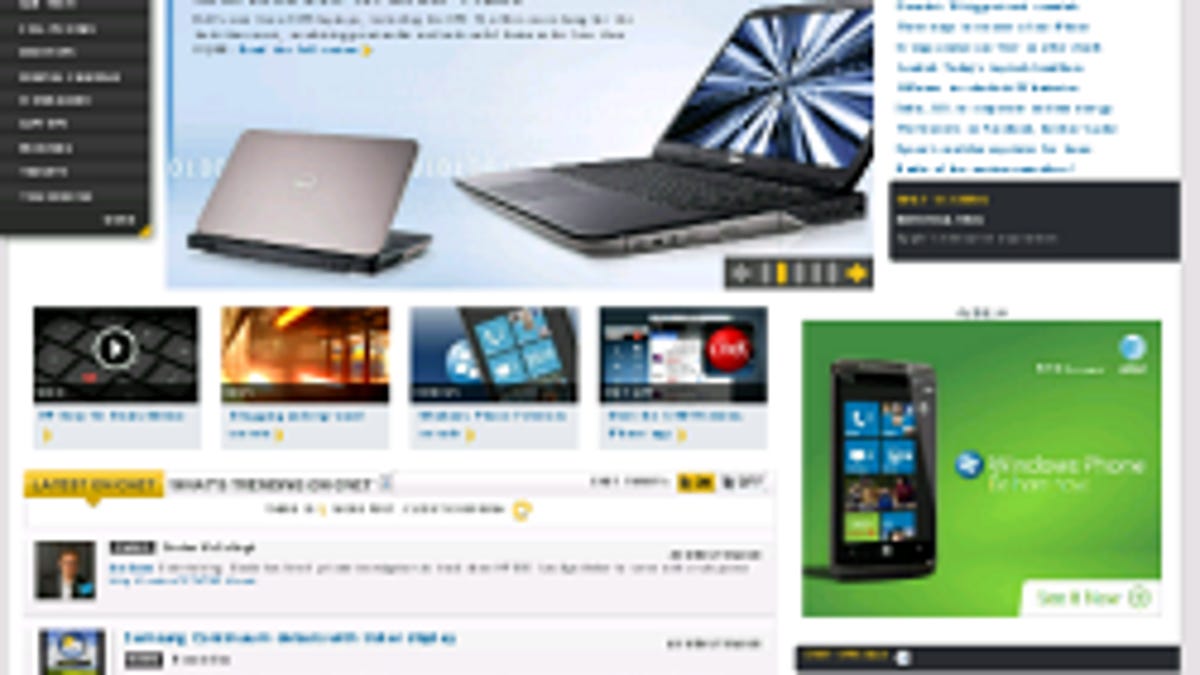Android gets a multi-browser advantage
Sure, having to choose among browsers is confusing. But the benefits of competition outweigh the drawbacks.

The browser wars have extended to mobile devices, and that's good news for consumers.
Last week, Mozilla released a second Firefox beta for Android. Yesterday, Opera released its first Opera Mobile beta for Android. Neither is ready for prime time, much less used on more than a tiny fraction of phones, but already I see them as a step forward.
Why? Because now there's an important new front in the browser wars.
And while that means more stress for browser makers and more testing for Web developers, it holds the potential to dramatically improve browsing for the rest of us.
Today's browser market on personal computers is on fire. Programmers for all five of the major browsers--Internet Explorer, Firefox, Chrome, Safari, and Opera in descending order of usage--are working to add major new features to benefit users. Among the biggest changes are performance and a host of new Web technologies.
I don't expect the mobile browser market to be as fluid and dynamic as the desktop browser market. But I do expect improvements from the competition.
That might even be secondary improvements. Browser companies copy good ideas liberally from one another--tabs, password and bookmark synchronization, hardware acceleration, and any number of Web technologies that grow up into standards.
That means, for example, if Google hears that enough people like the forward button in Opera and Firefox, not just the back button in the built-in Android browser, perhaps Google will add it in.
Another example: JavaScript speed tests are all the rage for desktop browsers as browser makers seek to top rivals on this crucially important Web technology. They're a relative rarity among mobile browsers, but Mozilla and Opera both pointed them out. Expect that publicity effort to be contagious.
Maybe even others will benefit.
There's plenty to like about Apple's iOS devices--responsiveness, a richly populated App Store, a slick user interface. But there's one thing iOS users have to like whether they want to or not: the browser.
That's because Apple bars other browsers from the iPhone, excepting some quasi-browsers such as Opera Mini, a relatively passive vessel for boiled-down Web pages sent from an Opera proxy server that does the heavy work of reading the Web page. Opera Mobile, by contrast, is a full-fledged browser engine on its own but makes no appearance on the iPhone.
One big drawback of having browser choice is that, at least on Android's default setup, the user is presented with a choice of browsers to complete the request every time an application presents a Web page link. Tap on the Amazon Kindle app's store link--what browser do you want to use? Follow Web address from the Twitter or Facebook apps--what browser do you want to use? You can set one to be the default browser for handling such requests, but Apple's approach enforces a cleaner process.
Another drawback is that the alternative browsers can be an awkward fit. Firefox and Opera Mobile are chiefly cross-platform products that sometimes mesh awkwardly with prevailing Android interfaces. Opera Mobile has yet to wire up the eminently useful menu button, but instead presents its own toolbar of options taking up precious screen space all the time. Using an Android trackball moves a little mouse pointer that looks decidedly alien on an Android phone, and you can't use the trackball to move from a username to a password field, like you can in other Android applications. The Opera interface will be familiar to Opera users on any number of other devices, but in the big picture it's probably better to fit in with the Android ways.
So browser choice means complications, but my preference still is to be able to pick my own browser. On top of performance and interface differences, some browsers offer services to unify your mobile and PC experience. With browser services for synchronizing passwords, including as Firefox Sync and Opera Link, passwords stored on a desktop can be remembered, for example. Some Firefox extensions work on the mobile version, too.
Computer industry executives love to profess their fondness for competition--usually when asked about how they feel about a rival's superiority in some way. I always suspected that it's often lip service: they'd rather have the more comfortable position of dominance. But as cliche as the idea is, competition really can be healthy, especially in areas such as Web browsers where it's relatively easy swap one out for another.
IBM's mainframes, Digital Equipment Corp.'s servers, Microsoft's Windows--these technologies are among those that achieved dominance over rivals that led to a dangerous complacency. Apple has been leading the mobile industry around by the nose, but it doesn't have that much dominance.
So perhaps, indirectly, browser competition on Android will even help those in the iOS world. It's hard to imagine somebody switching smartphones today just because of the browser, especially with market barriers such as two-year service contracts. But it's also hard to imagine that mobile browser makers will be immune to the competitive zeal of the desktop browsers.

